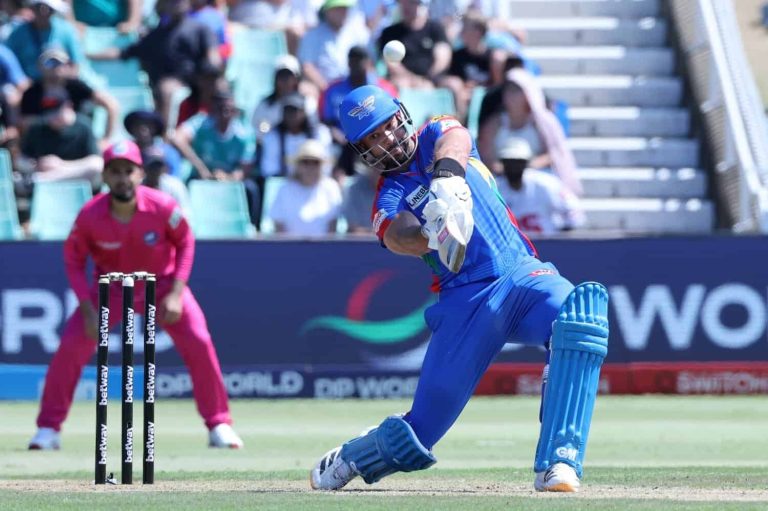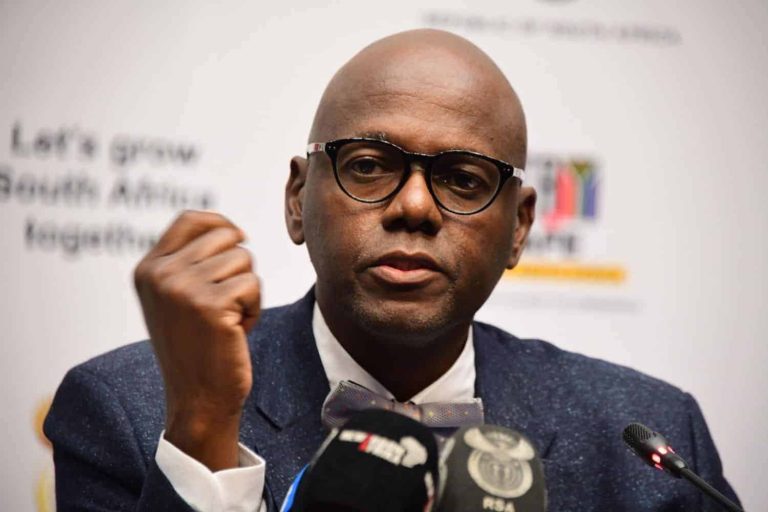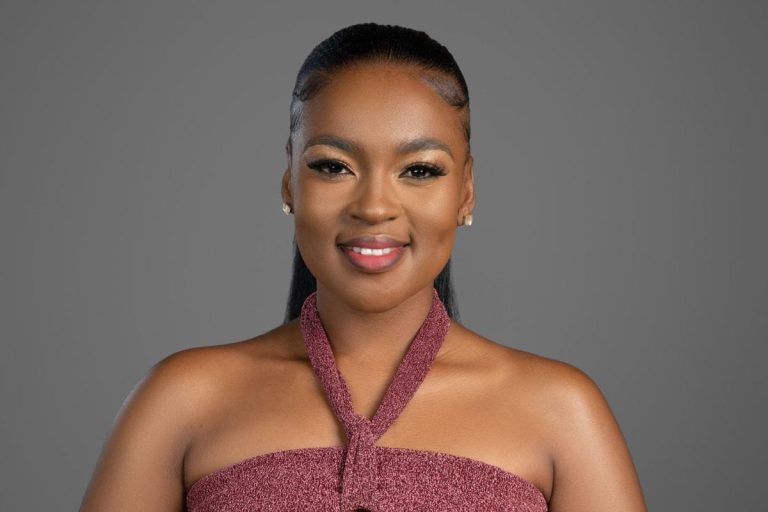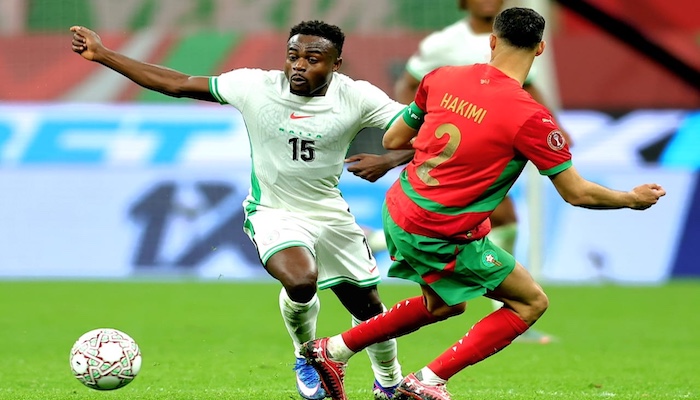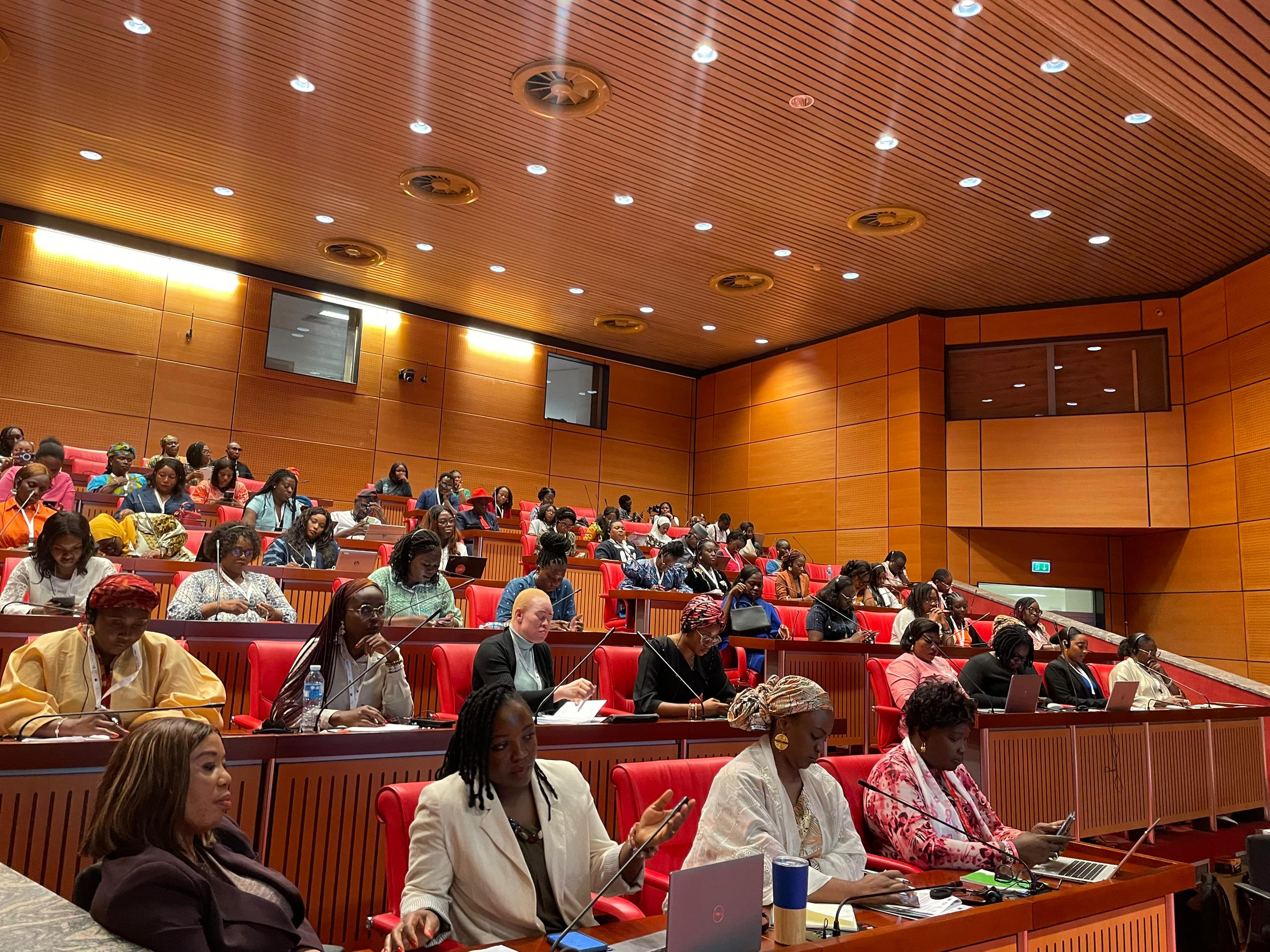
The Economic Community of West African States (ECOWAS) Female Parliamentarians Association (ECOFEPA) has launched a significant campaign urging the election of a woman as the next President of the ECOWAS Commission. This call was made during a three-day workshop held in Abuja, themed “Strengthening Women’s Role in Political Parties and Parliaments in West Africa and the Sahel.”
At the workshop’s opening, Hon. Veronika Sisay, President of the Female Caucus in the ECOWAS Parliament and a prominent lawmaker from Sierra Leone, emphasized the importance of female leadership within the region. She stated, “We are advocating for a woman President of the ECOWAS Commission,” highlighting the need for increased representation and participation of women in political leadership roles.
“Let history record that under the current chairmanship of Sierra Leone’s President Julius Maada Bio, ECOWAS took a groundbreaking step towards inclusive leadership by appointing the first female Commission President”.
She said the forum was designed to build a new generation of women leaders capable of influencing policies and political decisions in their respective countries.
Hon. Sisay explained that although ECOWAS has made significant progress in women’s representation, currently at 25 percent in Parliament, efforts are ongoing to achieve at least 30 percent participation, as mandated by regional frameworks.
She said women’s leadership would promote inclusiveness and strengthen democratic governance across the subregion.
Hon. Sisay stressed that women are the strongest instruments for peace, security, and development in the region.
She noted that Sierra Leone had already achieved that milestone and urged other member states to emulate the example.
“In my country, Sierra Leone, we have clocked the 30 percent already.
“Initially, we had 14 percent, but we worked hard to meet the target, and now we are even working to increase it in the next elections in 2028. It was not an easy journey, but we did it. So we are encouraging other ECOWAS countries to follow our steps and ensure women’s representation is not just a policy on paper but a reality.”
She pointed out that the mentoring programme was aimed at catching them young, to encourage young women to take leadership roles early and change the perception that politics is a dirty game.
“Women are the best security. We are not just fighting for 30 percent for its sake. Women are partners in development and powerful instruments for progress. If only the men can give us a chance to work side by side with them, we can do it better.
“Women have always been at the heart of peace processes in West Africa; from rebuilding communities affected by conflict to ensuring food security and education for children. Yet, our voices remain underrepresented in key decision-making spaces. We want to change that narrative.
“After we have left, they will take our steps. We want them to learn early because politics is not dirty; it’s a platform to make impact and transform lives.
“Our goal is to build a bridge between today’s women leaders and the next generation, so that when it’s their turn, they will already have the experience, confidence, and network to lead effectively.”
Also speaking, Regional President of the ECOWAS Network of Young Women Leaders, Miatta Garmai Warwolor, said the session was part of a mentorship programme connecting experienced women parliamentarians with emerging female leaders from West Africa and the Sahel.
She added that over 200 young women from ECOWAS countries, including Nigeria, Liberia, Gambia, and Senegal, were drawn through national networks and political party nominations to participate in the mentorship programme.
She said, “We are here for a simulation session where young women leaders from across the region exchange knowledge with ECOWAS female parliamentarians. The goal is to build their capacity, interest, and confidence in political leadership.
“We hope to make this an annual event and a continuous process of bilateral mentorship between women parliamentarians and young leaders,” Warwolor added.
In her remarks, President of the West African Network of Young Women Leaders (Ivory Coast), Koko Tomia Aude, said the initiative provides a platform for women to join decision-making bodies and push for gender inclusion.
She noted that, “We want a 30 percent quota that will allow us to work in all spheres of decision-making. The moment is now for all women to be engaged, to lead their communities, and to change social norms. Women’s leadership is not optional; it is necessary for sustainable development.”
Regional Vice President of the West Africa Youth Assembly and President of Project Nigeria, Awehi Hope Gabriel, described the programme as empowering.
She said, “As a young woman in politics, this experience has broadened my understanding of leadership. It has shown us that we can aspire for positions at the highest levels of governance and still stay true to our values. The mentorship has renewed our courage to participate and lead change in our societies.”
The three-day session held in Abuja brought together over 200 young women leaders from across the ECOWAS and Sahel regions for mentorship and leadership training with female lawmakers from the ECOWAS Parliament.
The engagement with female parliamentarians of ECOWAS (ECOFEPA) was jointly organised by the Network of Young Female Leaders (ROAJELF) in collaboration with the ECOWAS Gender and Development Centre (EGDC), EU Support to ECOWAS in Peace Security and Governance (EPSG) project, UN Women and UNOWAS.
The event was funded by the EPSG Project which is implemented by the Deutsche Gesellschaft für Internationale Zusammenarbeit (GIZ) GmbH in partnership with ECOWAS.
